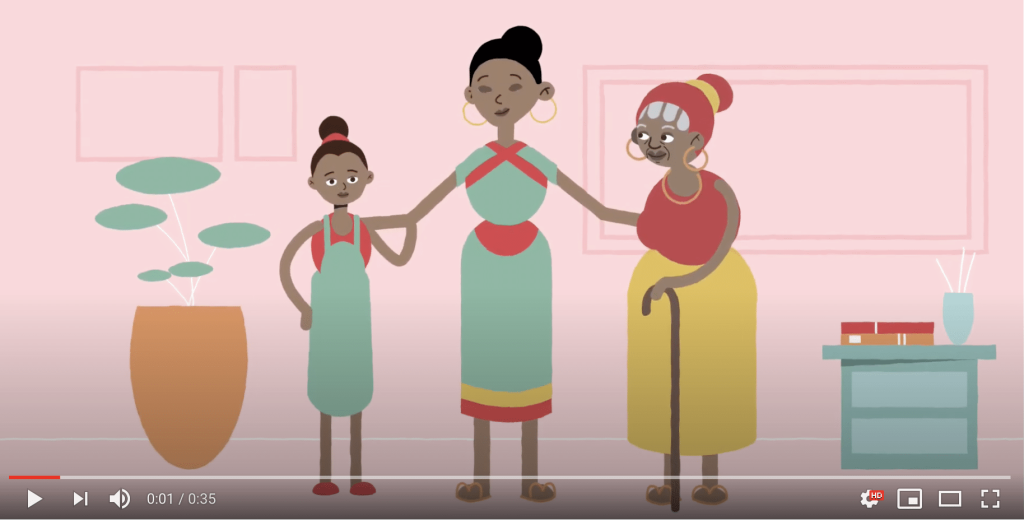Our Programs
Advocacy
Mulia Foundation is at the front for inclusive communities advoncasy
Advance Evidence-Based Policies


- Proven link to successful program outcomes
- Fast Implementation
- Scalability
- Sustainability
- Cost-Effectiveness
Partnerships
We embrace partnerships .....
Inclusive Education...
At MULIA.......
Livelihood Developments
At MULIA .....steady homes sa

